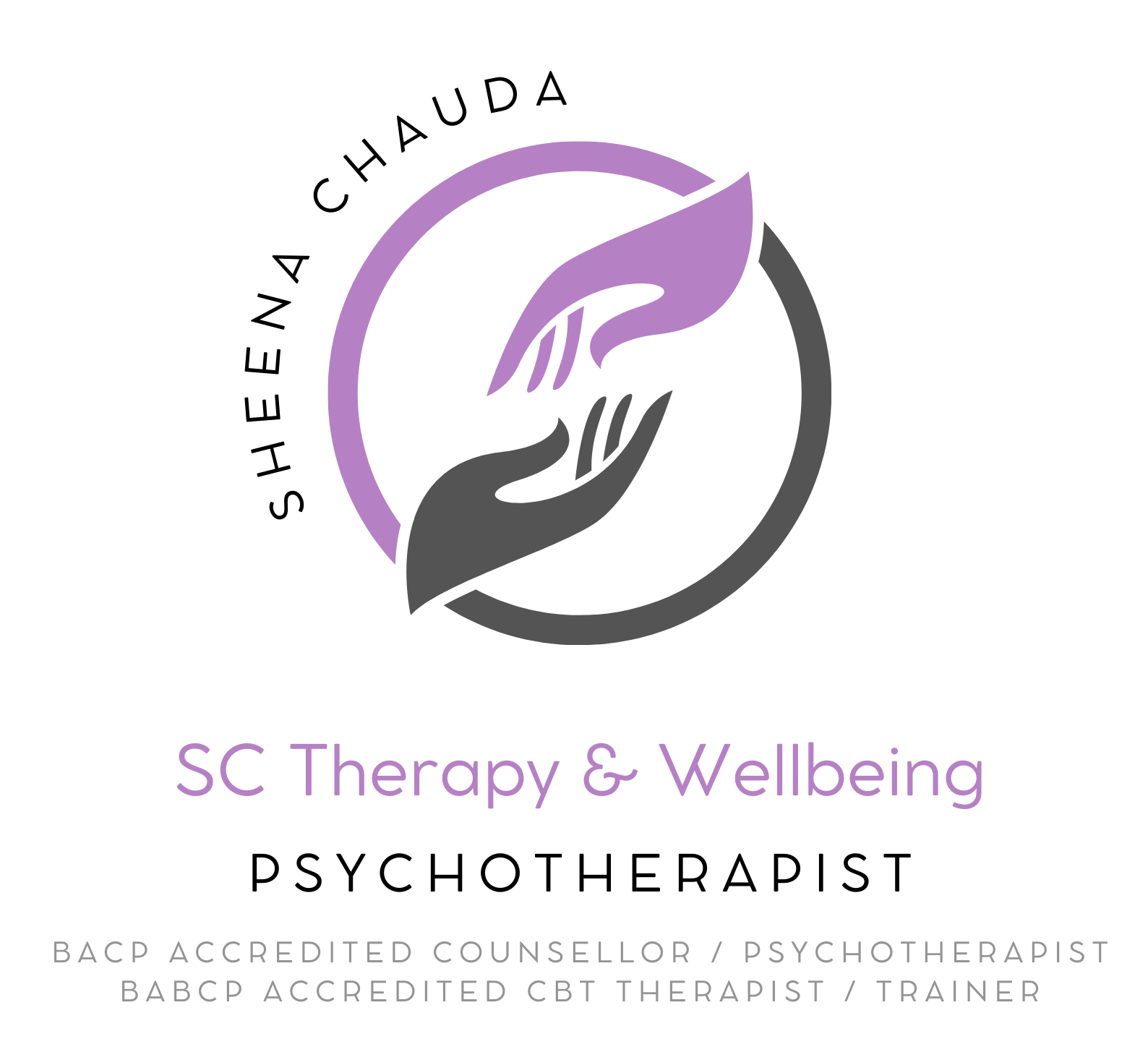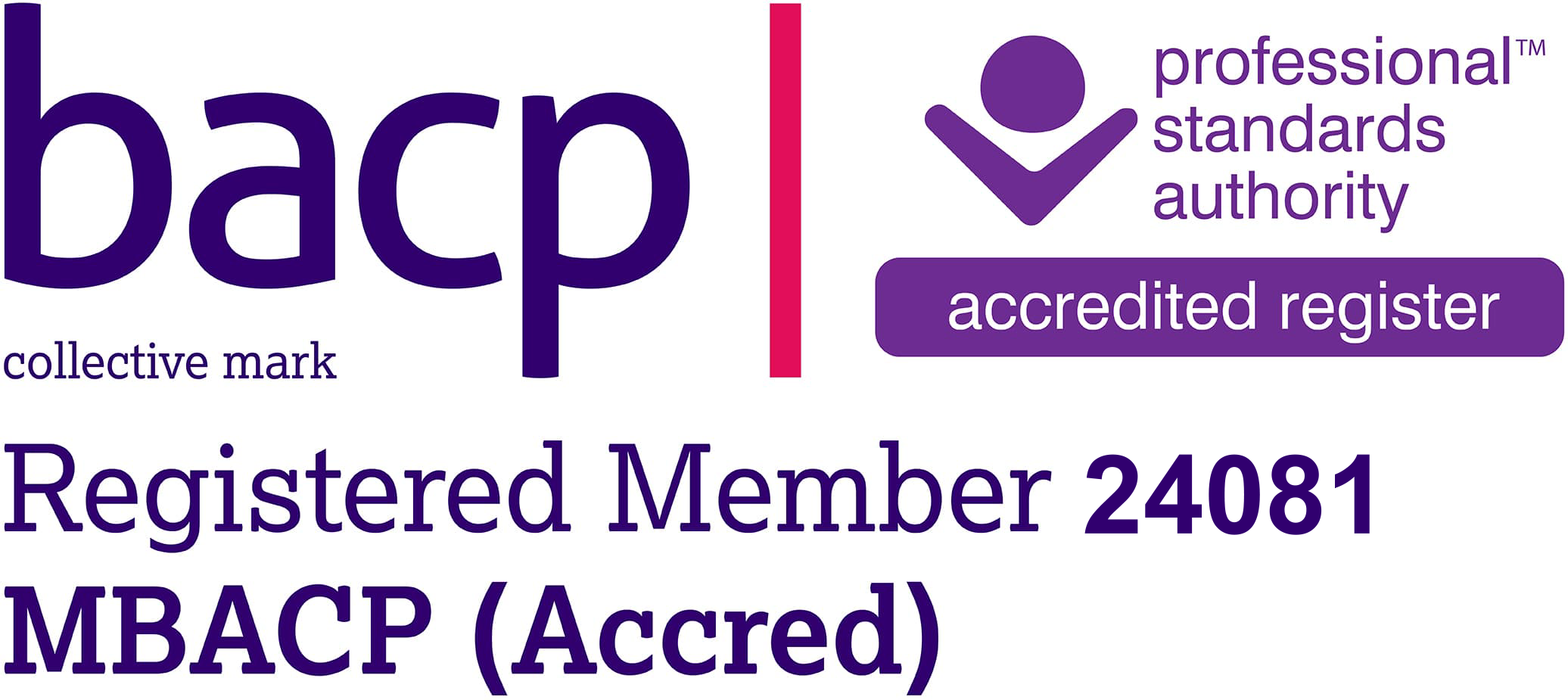Integrative Counselling
Integrative counselling is a multimodal approach to psychotherapy, which blends different areas of specific therapies. Integrative counselling incorporates elements and ideas from CBT (Cognitive Behavioural Therapy), Psychodynamic, Solution focused therapy, Person-centred approaches and CFT (Compassion Focused Therapy).
Integrative counsellors are of the view that one approach is not suited to the needs of everyone. Everyone has different experiences, and people do not fit in to boxes. Therefore the integrative approach takes in to consideration an individual’s own early life experiences, environmental factors, current circumstances, beliefs, values and attitudes.
Integrative counselling can be short-term or long-term, dependant on the needs of the individual. It can support individuals’ to make sense of what they may be experiencing in terms of emotions, and also to make links between the past and present experiences.
The counselling process may lead to a shift in unhelpful beliefs, thoughts and patterns of behaviour that an individual may become aware of when working with the counsellor.
Integrative counselling works to ensure that all parts of an individuals’ being and functioning (physical, mental and emotional) are explored and maximised to adequate potential.
The therapeutic relationship is at the core of integrative counselling, and the counsellor will work with the individual to ensure that they feel safe and comfortable to be able to openly share their experiences in an authentic manner. The counsellor is not there to advise the person what to do, but rather to empower them throughout the counselling process.
Integrative counselling is a very flexible approach and works effectively with a range of difficulties such as anxiety disorders, depression, grief, low self-esteem & confidence, stress, work-related difficulties, relationship difficulties etc.


